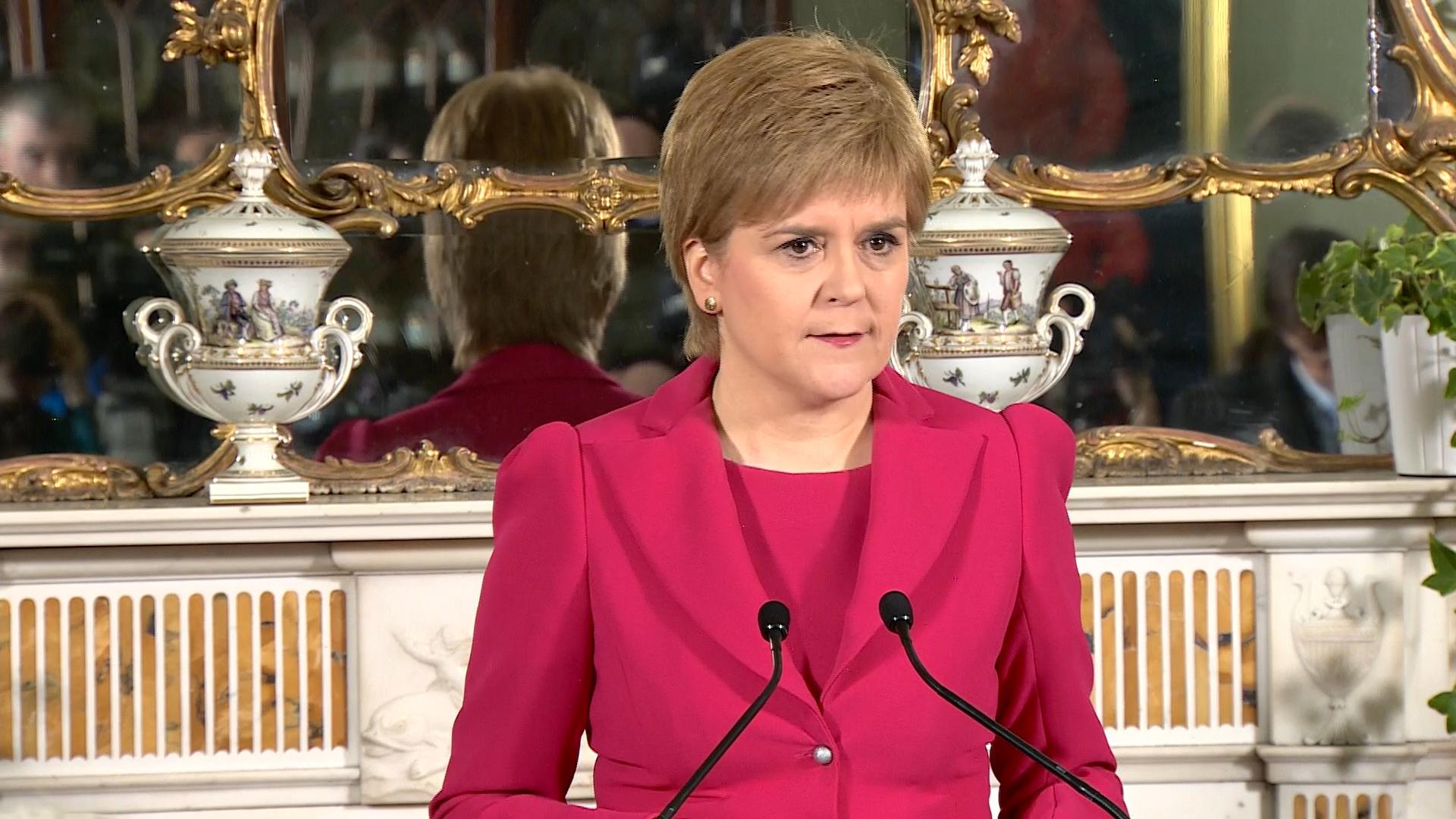Competing mandates over indyref2
- Published
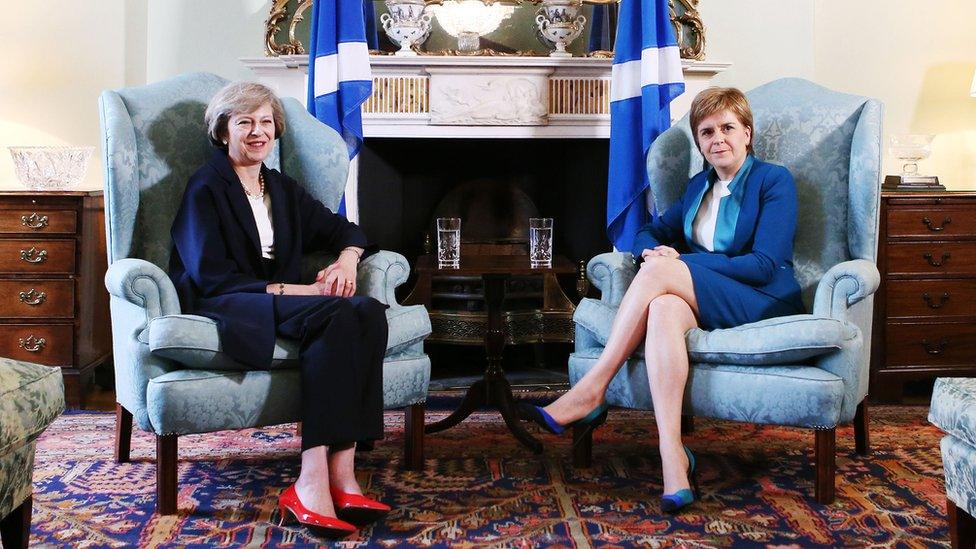
Theresa May has declared "now is not the time" for Nicola Sturgeon to call for an independence referendum
To govern is to choose. The prime minister has now chosen to exercise her power over the constitution, reserved to Westminster under the Scotland Act 1998.
This is about competing power, competing mandates, competing interpretations of the verdicts delivered during the European referendum last year.
Theresa May accords primacy to the Brexit negotiations. She says she does not want even to contemplate the prospect of indyref2 during that period. That means she will not countenance a transfer of powers under Section 30 of the Scotland Act, again at this stage.
Nicola Sturgeon accords primacy to the impact upon Scotland of the Brexit process. She says it is undemocratic for the PM to refuse to give Scotland a meaningful choice - that word again - within a suitable timescale, proximate to the Brexit plans. It is sinking the ship and puncturing Scotland's lifeboat.
But this is also about political confidence. Political calculation. Ruth Davidson, the Scottish Conservative leader, plainly calculates that she will have Scottish public opinion on her side. Or, more precisely, a sufficient quotient of public opinion.
Tory calculations
The Tories in Scotland have been through a period where they were the party which dared not speak its name, the toxic party. They now reckon those days are behind them. And why? The Union, post-2014.
Their calculation - and it is an arithmetical sum - is that they can corral behind them the supporters of Union in Scotland. That, just as in the past, in the 1950s for example, they can draw backing from a relatively wide range of Scottish society, predicated upon concrete support for the Union - and fixed opposition to the SNP.
It worked, to a substantial degree, in the last Holyrood elections when they became the largest opposition party. Their calculation is that it will work again, this time.
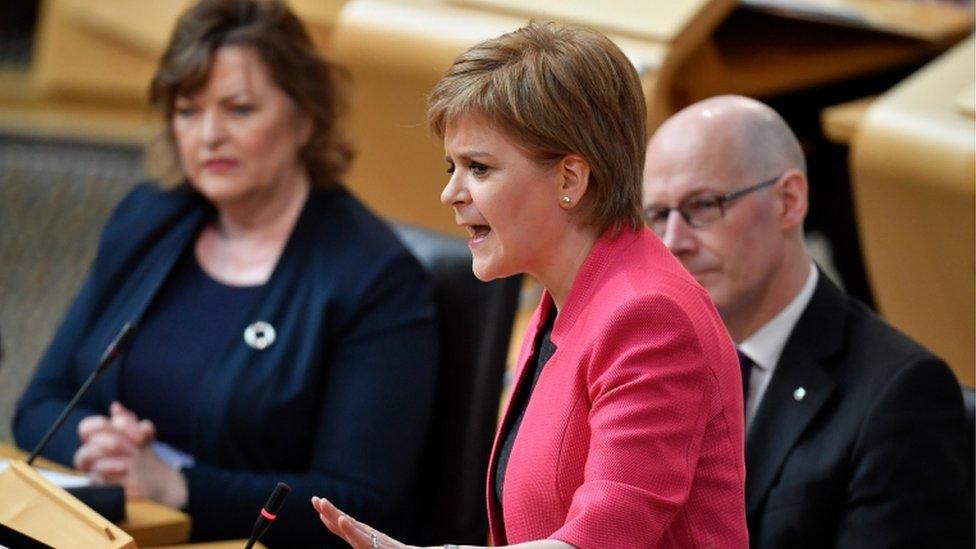
Nicola Sturgeon is likely to press ahead with a Holyrood vote calling for a Section 30 order
Will there be anger in some quarters at the Prime Minister's decision? There will indeed. Stand by for demonstrations to that effect at the SNP conference in Aberdeen.
But the calculation by the Tories - and this is less quantifiable, but a calculation nevertheless - is that sufficient numbers of the populace in Scotland will be relieved that they do not have to decide on independence in the next 18 months to two years.
The Tory leadership insists that they are not blocking a referendum entirely. That was Ruth Davidson's answer when she was reminded that she had told my estimable colleague Gordon Brewer in July last year that there should not be a constitutional block placed upon indyref2.
The argument was that they are merely setting terms: evident fairness and discernible popular/political support for a further plebiscite.
However, these are not absolute, they are open to interpretation. It would seem to be that the verdict on these factors would also lie with the Prime Minister. Such is the nature of reserved power.
Campaigning with caution
But, again, the Tory triumvirate - PM, secretary of state, Scottish leader - stress that a referendum might be feasible once Brexit is signed, sealed and settled. David Mundell seemed particularly keen to stress that point.
However, if they won't contemplate Section 30 meantime, then the time needed for legislation, consultation and official preparation would suggest that - by that calendar - any referendum would be deferred until 2020 or possibly later. Possibly after the next Holyrood elections.
Options for the FM? She could sanction an unofficial referendum, without statutory backing. Don't see that happening. It would be a gesture - and Nicola Sturgeon, as the head of a government, is generally averse to gestures. Unless they advance her cause.
She could protest and seek discussions. Some senior Nationalists believe this to be a negotiation ploy by the PM, the prelude to talks.
Will the first minister proceed with the vote next week at Holyrood, demanding a Section 30 transfer in which the Greens are expected to join with the SNP to create a majority? I firmly expect her to do so, to add to the challenge to the PM.
Beyond that, expect the First Minister to cajole, to urge - but also to campaign. To deploy this deferral of an independence referendum as an argument for…an independence referendum. She will seek public support, arguing that Scotland's interests have been ignored. Just as Ruth Davidson will seek public support, arguing that she is protecting those interests.
Final thought. One senior Nationalist suggested to me that delay might, ultimately, be in the SNP's interests: that people were already disquieted by Brexit and would prefer a pause. Perhaps, perhaps, perhaps, to quote the old song.
- Published16 March 2017
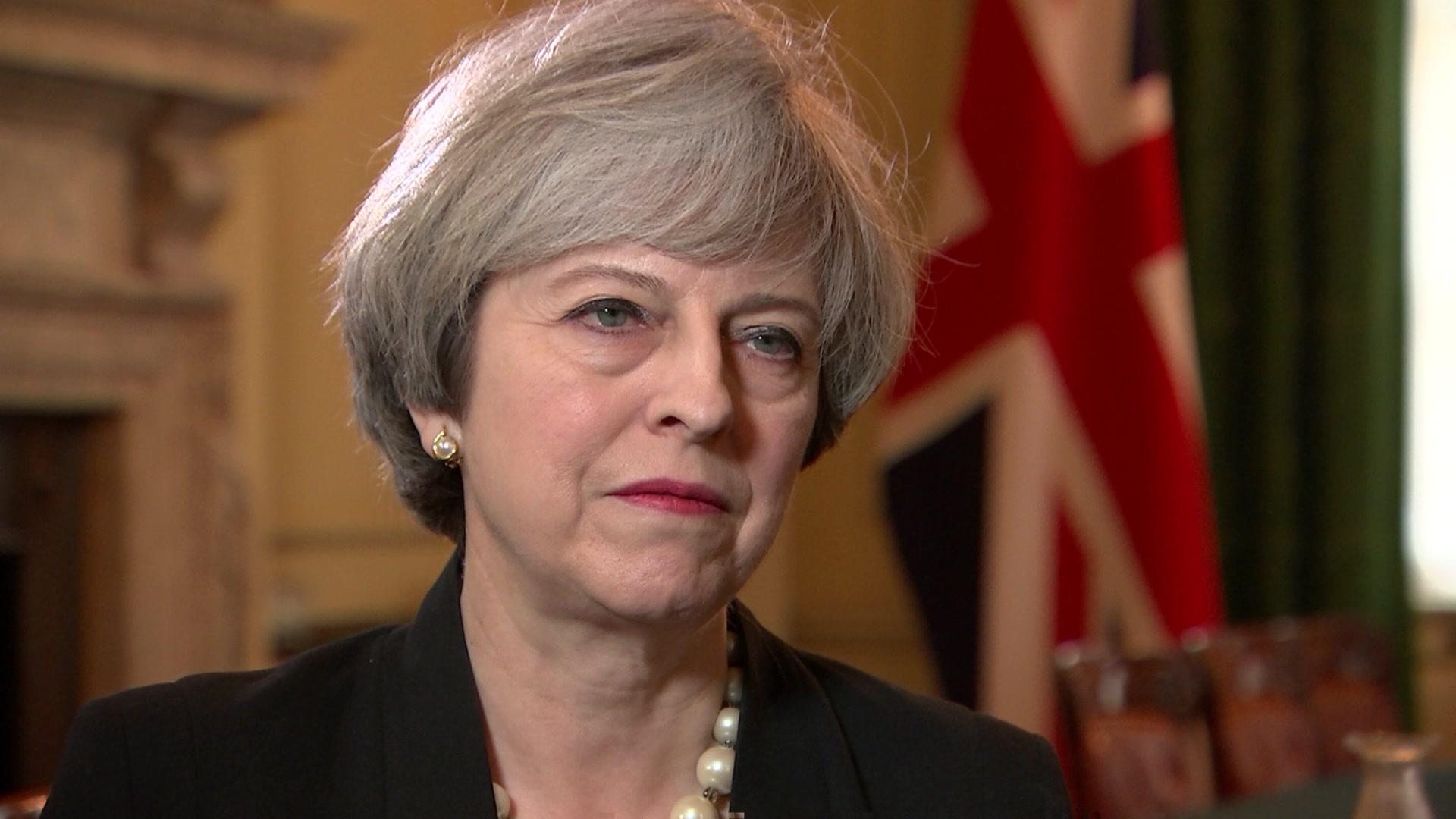
- Published14 March 2017
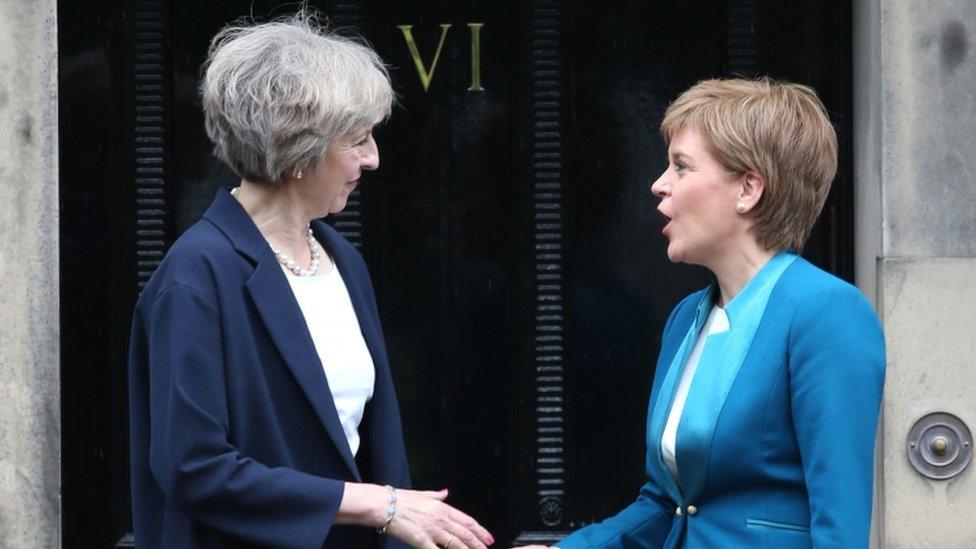
- Published13 March 2017
